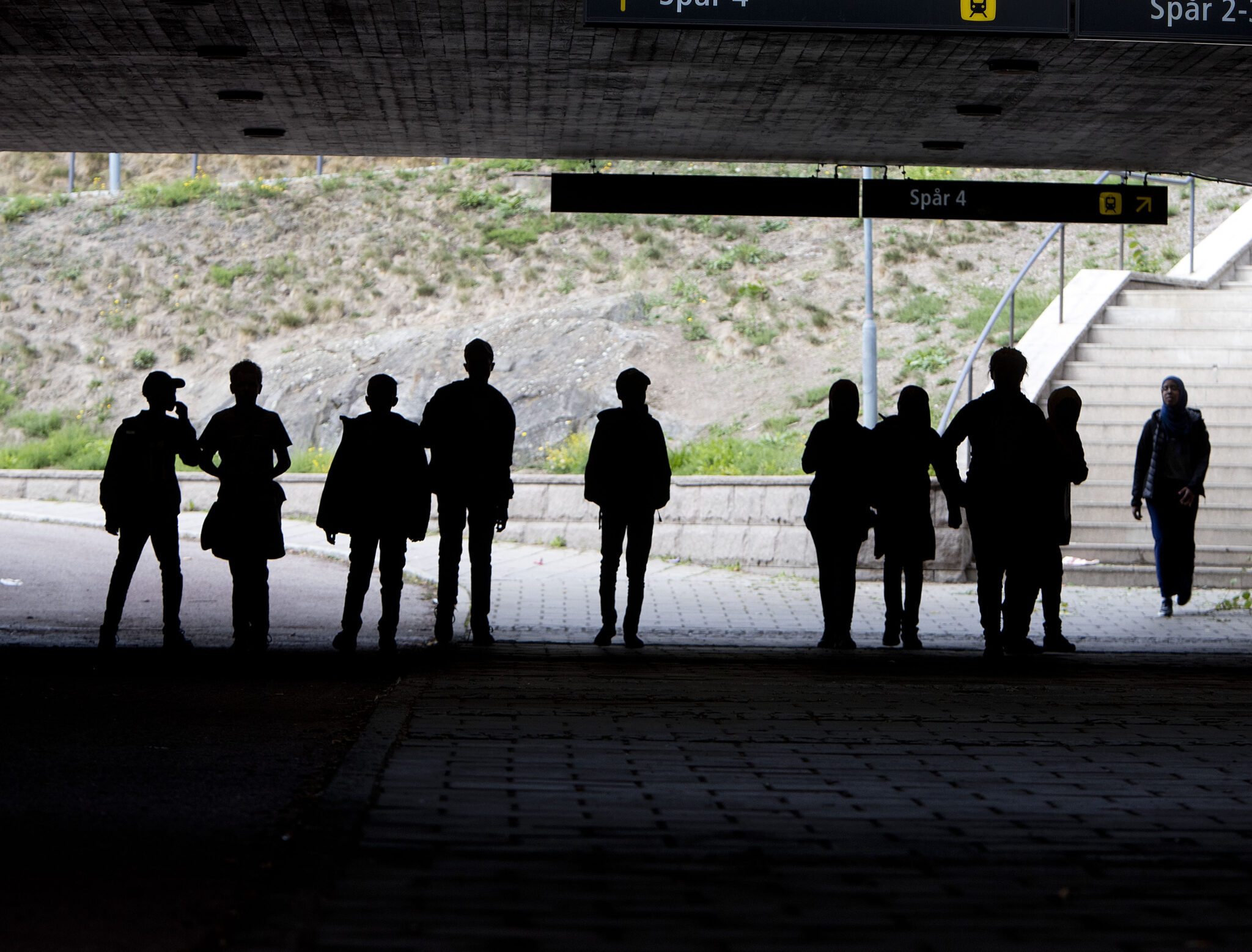Migrant criminal gangs from Sweden are allegedly sending individuals to Iceland to carry out crimes, according to Iceland’s Minister of Justice Guðrún Hafsteinsdóttir.
This alarming revelation was made following a meeting of Nordic justice ministers in Sweden, where the growing threat of organized crime across the region dominated discussions.
Hafsteinsdóttir highlighted a disturbing rise in knife-related incidents in Iceland, linking some of these crimes to criminal activities orchestrated from Sweden. “There are criminal groups in Sweden that have sent people to Iceland to commit crimes,” she stated, underscoring the cross-border nature of these operations.
A notable example provided by Hafsteinsdóttir involved an arson attack on a police officer’s car in August last year. The vehicle, parked outside the officer’s home, was set ablaze by individuals who were reportedly acting on orders from a Swedish gang. Icelandic authorities confirmed that the crime was retaliation, targeting the officer for reasons still under investigation.
Runólfur Þórhallsson, assistant superintendent at Iceland’s Police Analytical Department, disclosed that the perpetrators had traveled to Iceland specifically to carry out this act. “We have confirmed information about a group of people who came here for this purpose,” he said, adding that the attack was orchestrated through cyberspace by a criminal organization.
At the Nordic justice ministers’ meeting, Denmark’s Minister of Justice Peter Hummelgard discussed how criminal networks increasingly operate online, offering illicit work across borders. In this case, Icelandic authorities believe the order for the arson came from the Kronogård gang based in Trollhättan, Sweden. Though linked to Sweden, the gang’s leadership is multinational, primarily comprised of Palestinian nationals.
“Therefore, it is perhaps unfair to say that this comes from Sweden. This activity involves people from various nationalities, and it’s happening all around us,” Þórhallsson explained, cautioning against simplistically labeling the crime as purely Swedish in origin.
Þórhallsson revealed that the Kronogård gang is just one of several foreign criminal gangs attempting to establish a presence in Iceland. Altogether, between 15 to 18 organized crime groups are believed to be operating in the country. However, defining these groups legally remains a challenge. The National Court has a narrow interpretation of what constitutes an organized crime group, making prosecution and law enforcement more complex.
Despite reports of cooperation among criminal groups in Iceland, Þórhallsson warned that tensions could erupt. “Since 2021, there have been reports from the National Police Commissioner that indicate fears of a potential conflict between these groups. While we haven’t seen a significant trend towards this, it’s something we need to be vigilant about. Brutal gang wars are happening in neighboring countries,” he said.
In response to these rising concerns, Hafsteinsdóttir announced plans to tighten border security and increase law enforcement resources. Þórhallsson praised these efforts but called for more proactive police work, emphasizing the need for improved technical capabilities.
The ministerial meeting also addressed the exploitation of minors by criminal gangs, a growing issue across the Nordic region. Þórhallsson confirmed that Iceland is not immune to this trend. Children, particularly those with refugee status, are increasingly being recruited by gangs for theft and other criminal activities.
“There have been instances where children, especially around shopping centers, are being used for petty theft. While we haven’t seen any confirmed cases of more serious crimes yet, it’s a troubling sign,” he noted. In contrast, countries like Sweden and Denmark are seeing far more severe exploitation, with minors often committing serious offenses.






